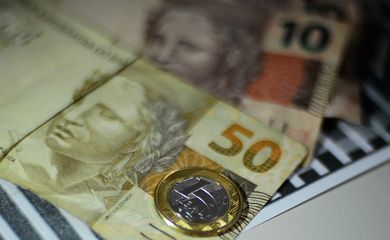Entities manifest on the Selic adjustment

The Central Bank's Monetary Policy Committee (Copom) raised today (8) the basic interest rate of the economy (Selic) to 9.25%. According to the Federation of Industries of Rio (Firjan), a 1.5% increase in the Selic rate was already expected, in view of the widespread rise in the price level and, above all, the deterioration of the fiscal framework. On the other hand, the most recent data reveal a drop in economic activity. In addition, the outlook for 2022 is already one of weak growth.
In a statement, Firjan assesses “that the projected economic scenario, of greater expansion of public spending, requires the approval of structural reforms that are capable of bringing sustainability to public accounts. Only with fiscal responsibility will it be possible to generate solid economic growth, restoring business confidence and attracting new investments. Without that, we will go back to living with a scenario of inflation and high interest rates, with low economic growth”.

The National Confederation of Industry (CNI) considered the decision of the Monetary Policy Committee (Copom), of the Central Bank, to increase the basic interest rate to the economy by 1.5 percentage points to be wrong. According to the president of CNI, Robson Braga de Andrade, the last two quarters of retraction in the Gross Domestic Product (GDP) made evident the adverse scenario of economic activity. In addition, lagged effects from the Selic increase should contribute, in the coming months, to further discourage consumption and, consequently, to decelerate inflation.
“Thus, a less intense Selic increase, together with previous increases, would already be more than enough to bring inflation to the target, without the Central Bank increasing the probability of recession”, evaluated Andrade.
In a note, the CNI argues for the reason for this scenario. “The restrictions on credit conditions for consumers and companies could have their pace reduced. The Central Bank's decision for a seventh significant increase in the Selic rate meets this need, increasing the cost of financing and discouraging demand, precisely at a time when many companies are still recovering.”
Text translated using artificial intelligence.





